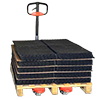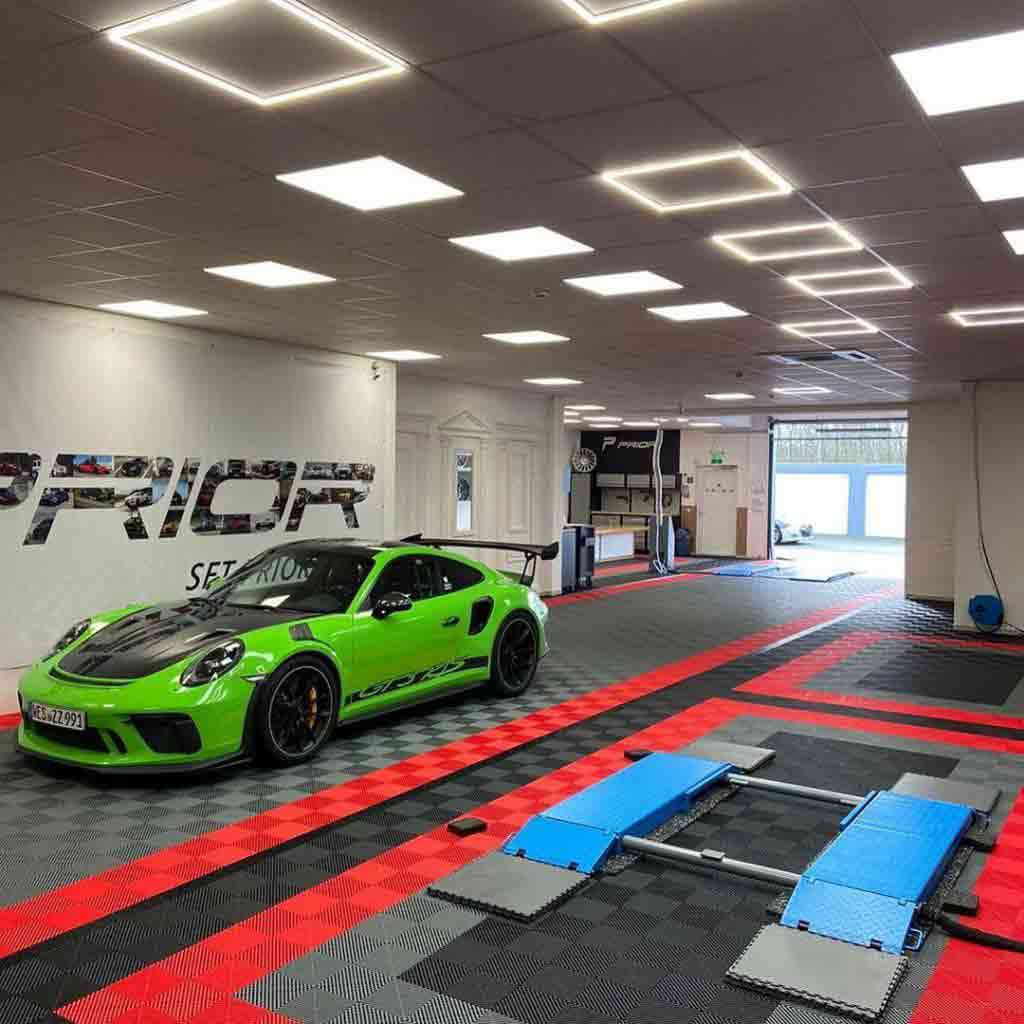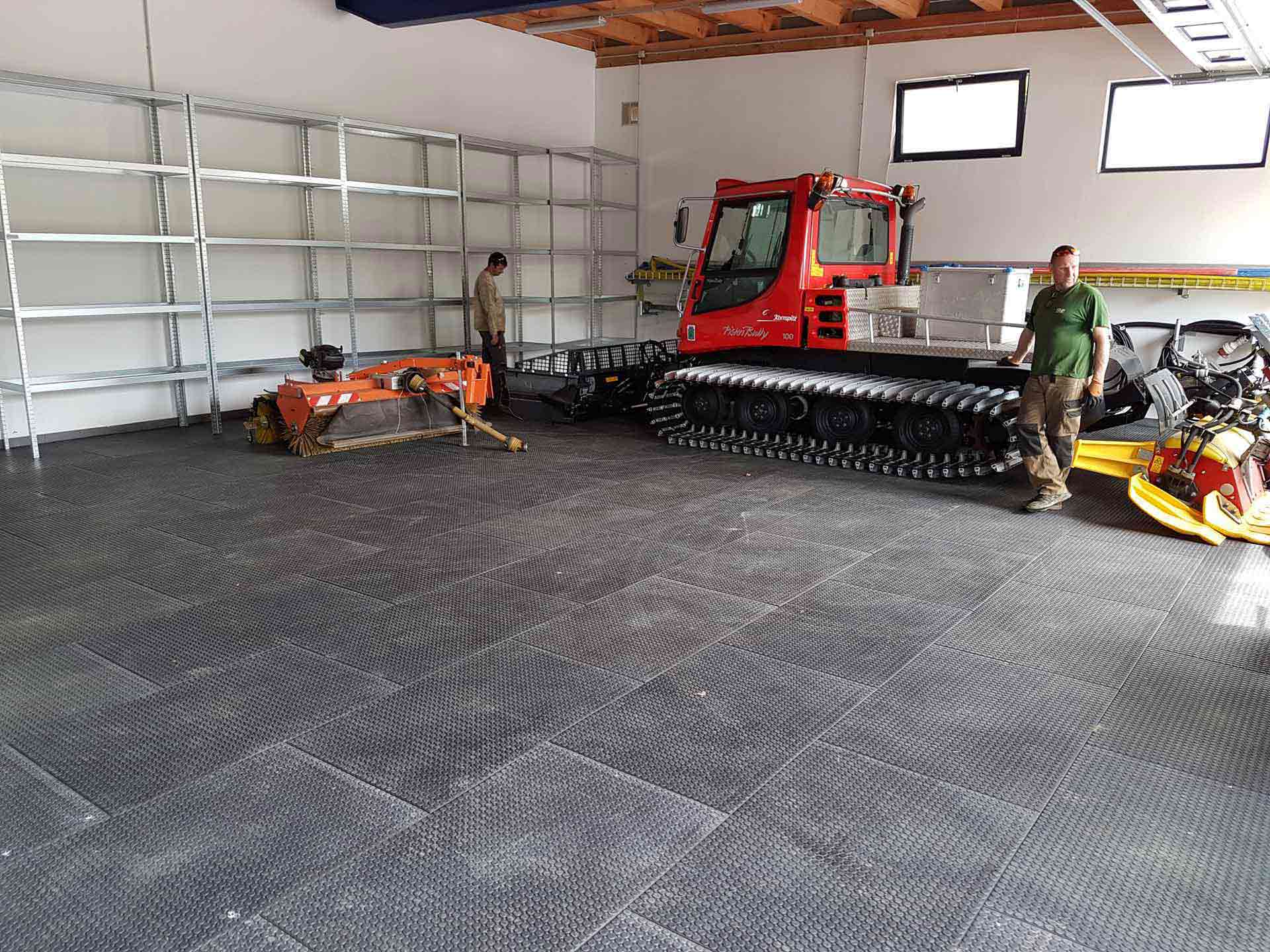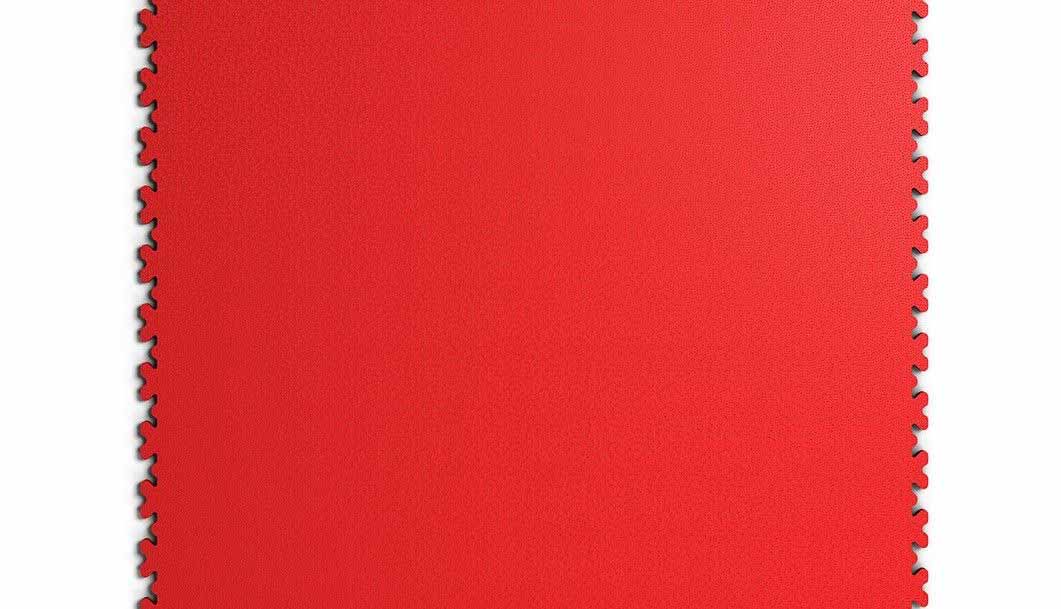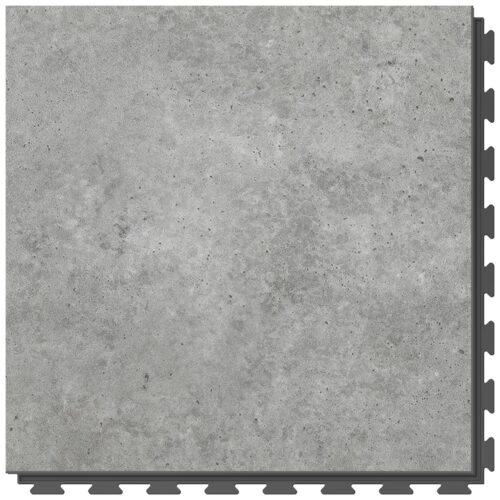- Never use abrasive discs, this avoids the risk of surface damage (from abrasives, solvents, etc.).
- Never use rubber covers (for chairs or furniture feet). Use PVC or polyethylene protection instead.
- Regular cleaning is better and more effective than less frequent deep cleaning.
- Only use the recommended cleaning agents.
- Always follow detergent manufacturer's health and safety instructions.
- Select soft brushes (bristles <0.25 mm) for rotary cleaning machines. Machines with equivalent brushes can be used as an alternative. Brushes with hard bristles are unsuitable.
- Solvents damage resilient floor coverings.
- The amount of dirt carried in can be significantly minimized by using cleaning mats in front of the entrance and cleaning zones at the object entrance.
- The use of aggressive agents (e.g. abrasives, alkalis or high content of organic solvents and degreasing substances) is not recommended for routine cleaning.
- If you have a rotary cleaning machine with a dryer, you can use it. Use clean water and a pH neutral detergent in a weak solution . For better cleaning, good looks and durability of the floor , we recommend the remedies below.
CLEANING AFTER INSTALLATION / BASIC CLEANING
TREATMENT
Content: 0.41 Quadratmeter (€81.32* / 1 Quadratmeter)
Content: 0.4 Quadratmeter (€51.05* / 1 Quadratmeter)

How to clean your yellowed PVC floor
Yellowed PVC floors can be a real challenge to clean. But with the right tips and tricks, you can make your PVC floor shine again.1. remove stains from the PVC floor:
A PVC floor with texture can be particularly challenging to clean. But don't worry, you can easily remove stains with ordinary dishwashing liquid:Take a sponge and apply some dishwashing liquid on it.
Spread the dishwashing liquid directly on the stains.
Wipe and watch how even stubborn stains disappear.
2. clean PVC floor with vinegar
Vinegar has long been proven to be an effective cleaning agent. Cleaning a PVC floor with vinegar is not only efficient, but also simple:Mix some apple cider vinegar into your mopping water.
Mop the floor as usual.
For particularly stubborn stains, let the vinegar-water mixture soak in briefly and then wipe it off.
Never use pure apple cider vinegar as it can damage the PVC floor.
3. clean and seal PVC floor:
Before sealing your PVC floor, a thorough cleaning is essential:Clean the floor with water and detergent until no dust is visible.
Let the floor dry and then apply the sealant. This will protect your PVC floor from scratches and prevent liquids from penetrating. This will keep your floor beautiful and durable for a long time.
Are PVC floors highly flammable?
Many consumers wonder if PVC floors pose a fire risk. Here's the good news: Fortelock floors are flame retardant. Independent tests have confirmed this. In addition, PVC floors offer many benefits that you will appreciate once you install one.Can water damage Fortelock PVC tiles?
The answer is no. Thanks to Fortelock's tight joints, only a minimal amount of water gets under the tiles. The built-in AirFlow system allows the tiles to "breathe," so accumulated water simply evaporates. An added bonus: No unpleasant odors form from standing water.With these tips, cleaning and maintaining your PVC floor will be a breeze!
Recommendations for the installation of Fortelock PVC tiles in damp environments
It is not advisable to install Fortelock PVC tiles on an already damp substrate, such as a damp floor or due to structural defects. In such cases, the source of moisture should first be eliminated and the substrate made dry and stable before starting to lay the tiles.
Fortelock PVC tiles are a durable and practical choice for flooring in many situations. Their waterproof properties combined with the Air-Flow system ensure that the tiles effectively protect the floor and remain functional even when in contact with water or snow. However, if there is persistent moisture coming from the subfloor, it is important to rectify this condition before laying the tiles to prevent future moisture problems.


